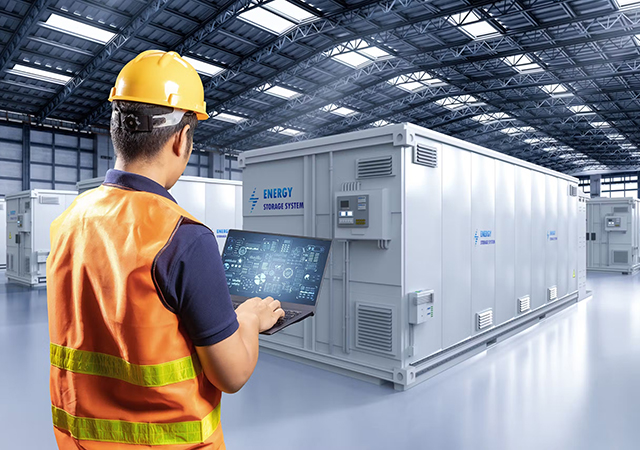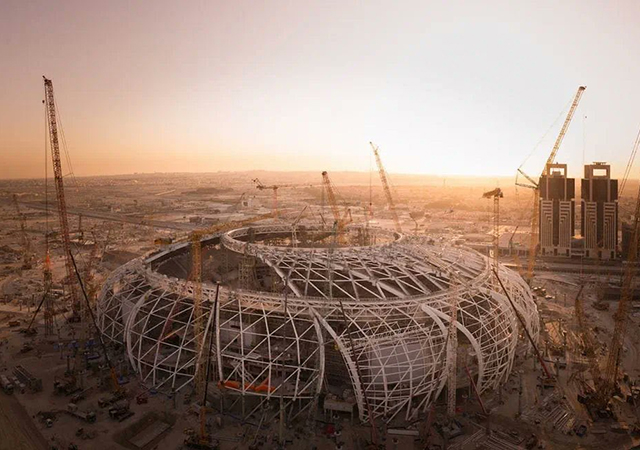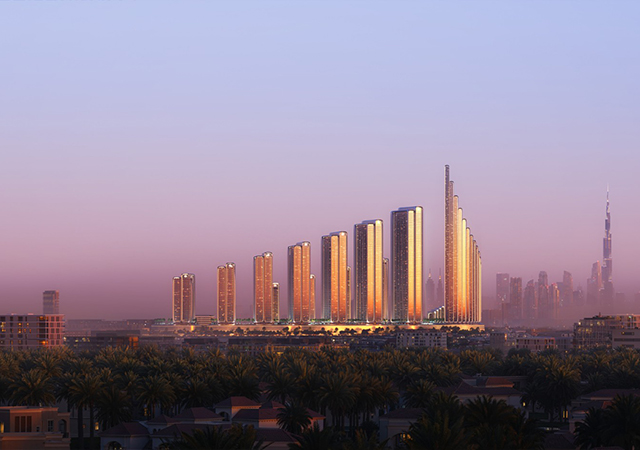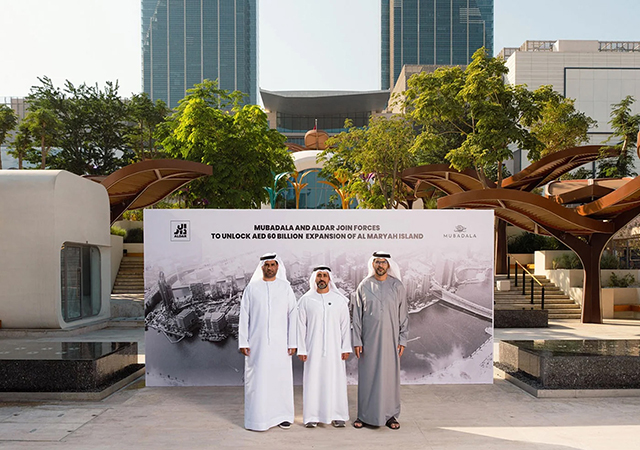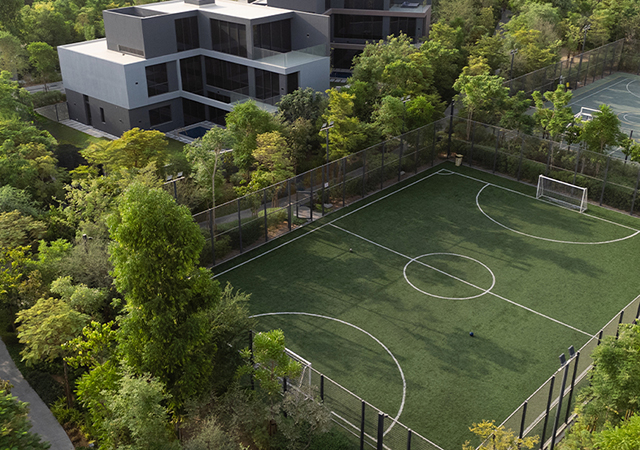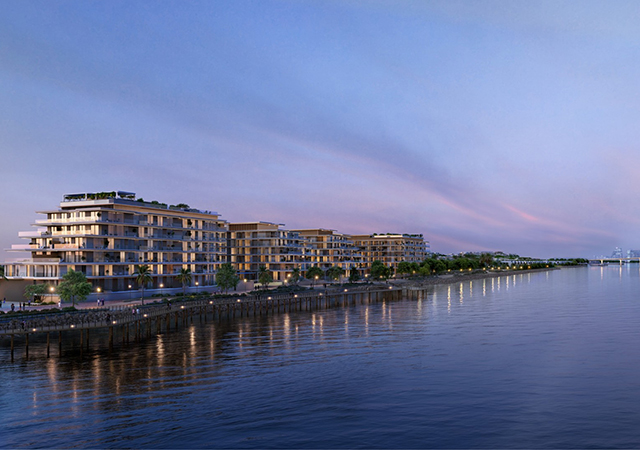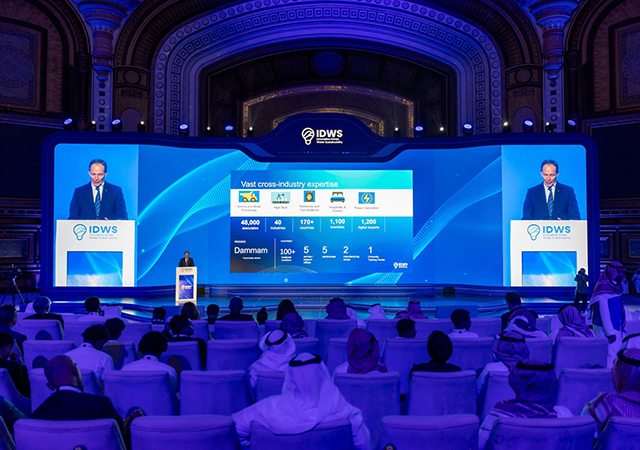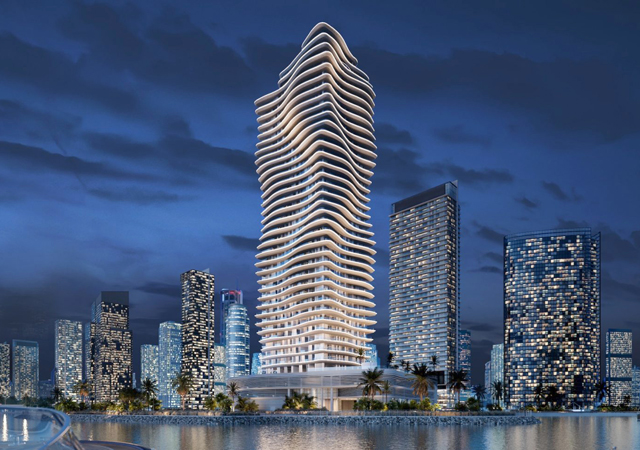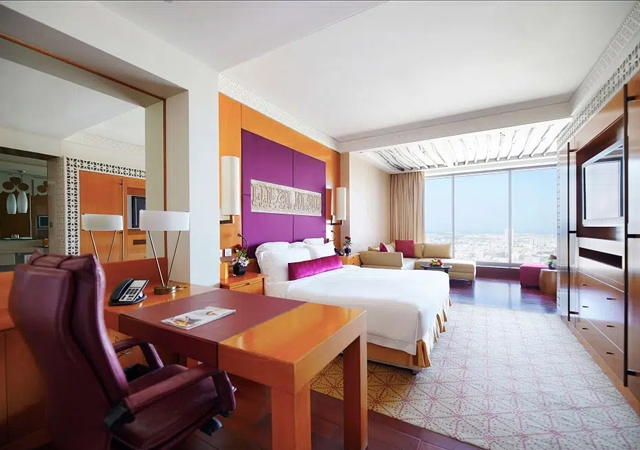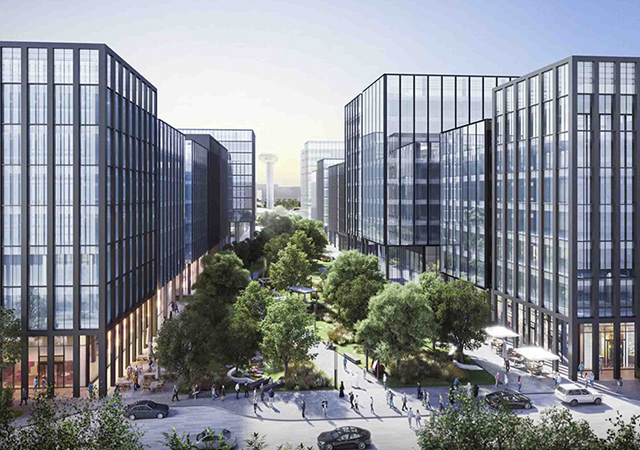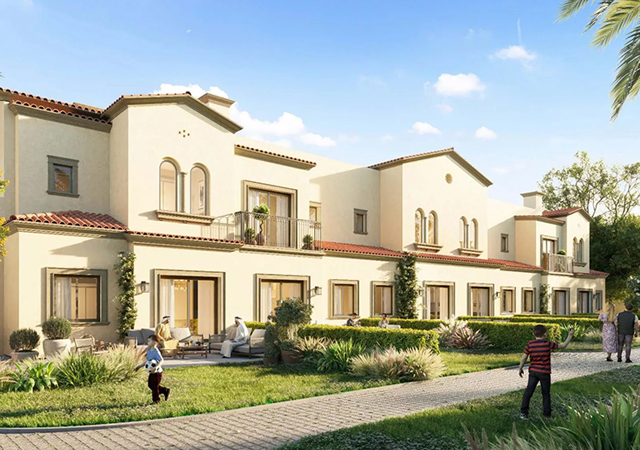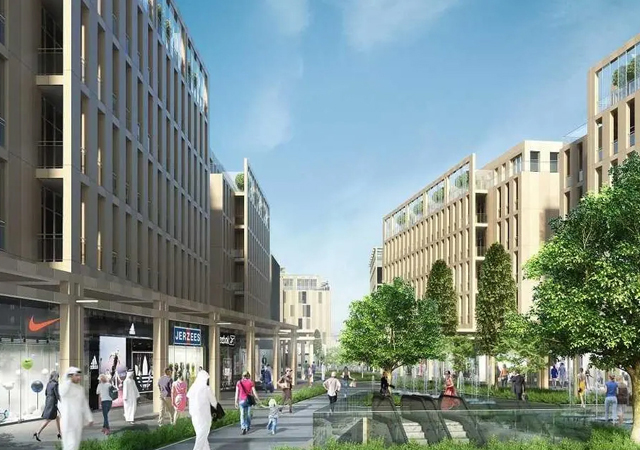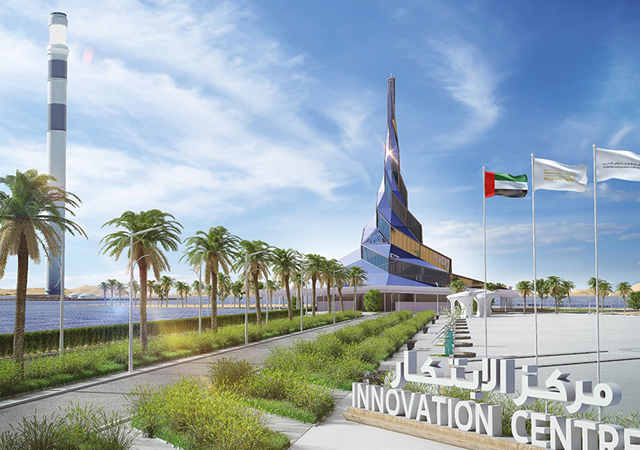

Dubai Electricity and Water Authority (Dewa) has invited international developers to submit expressions of interest for a tender to develop the 1,600-megawatt (MW) seventh phase of the Mohammed bin Rashid Al Maktoum (MBR) Solar Park.
This phase, which is expandable to 2,000 MW, will use photovoltaic solar panels and a battery energy storage system with a capacity of 1,000 MW for six hours, providing a total storage capacity of 6,000 megawatt-hours (MWh), said Dewa.
To be implemented under the independent power producer (IPP) model, this will make it one of the world’s largest solar-plus-storage projects.
According to Dewa, the seventh phase is expected to produce 4.5 terawatt-hours of electricity annually, avoiding the burning of more than 36 billion cu ft of natural gas. It will increase the solar park’s planned production capacity from 5,000 MW to 7,260 MW, raising the share of clean energy in Dubai’s energy mix from 27 to 34 per cent by 2030.
As a result, the total reduction in carbon dioxide emissions will rise from 6.5 million tonnes to 8 million tonnes annually, thus reinforcing Dubai’s position as a global hub for sustainability and innovation in renewable energy, said Dewa.
The seventh phase is scheduled to become operational in stages between 2027 and 2029. The deadline for sending in the entries was March 21.
According to a Dewa study, battery energy storage systems are the most cost-effective solution for energy storage and land use. Beyond grid benefits, they enhance renewable energy stability and reliability.
Integrating advanced solar PV with battery storage mitigates solar intermittency and sets a replicable model for sustainable power.
The solar park’s current production capacity stands at 3,460 MW, with an additional 1,200 MW under construction, it added.








.jpg)

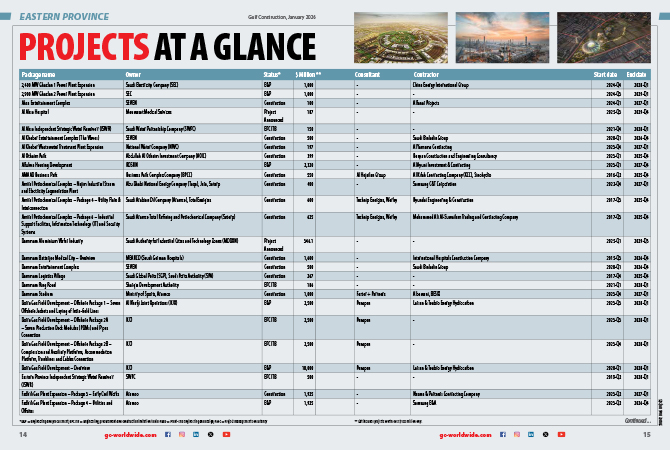


.jpg)





















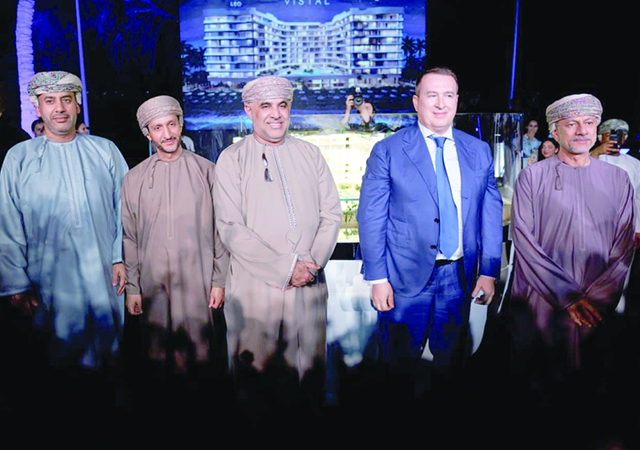






.jpg)







